Credits
-
Pou Auaha / Creative Directors
Nick Worthington, Levi Slavin, Dan Wright, Mike Davison
-
Ngā Kaimahi / Team Members
Matt Barnes, Dean Pomfrett, Charlie Godinet, Rob Graves, Josh Hart-Vrijkotte, Codee MacDonald, Piers Bebbington, Renata Gordon, Ryan Butterfield, Ning Zhu, Jin Fellet, Scott Chapman, Natasha Gill, Payton Cox, Ashlee Harris, Tennille Barnes, Claudio Varoli-Piazza, Lizzie McCollum, Anna Markova, Emad Tahtouh, Andy Timms, Cara Szabo, Hamish Pain, Tom Bremner, Patrick Barnes, Paul De Groot, Ashlee Harris, Troy Goodall, Geradine Turney, Jason King, Kate Roydhouse, Ben Dailey, Mark Albiston, Shelley Farthing-Dawe, Luke Haigh, Pete Ritchie, Pete Circuitt, Shane Taipari, Kim Baldwinson, Patrick Killeen, Ryan Bird, Luke Urqhart, Cameron McColl, Lakshman Anandanayagam -
Kaitautoko / Contributor
Dr. Emma Woodward
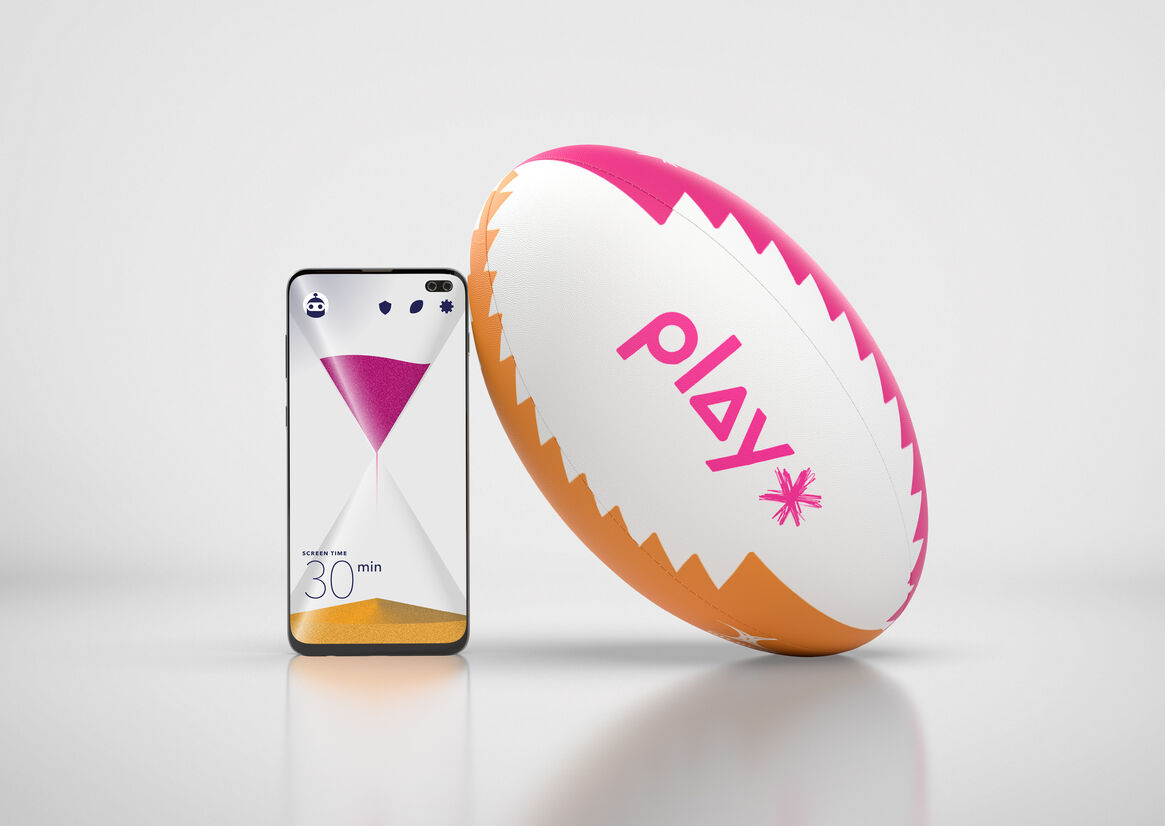
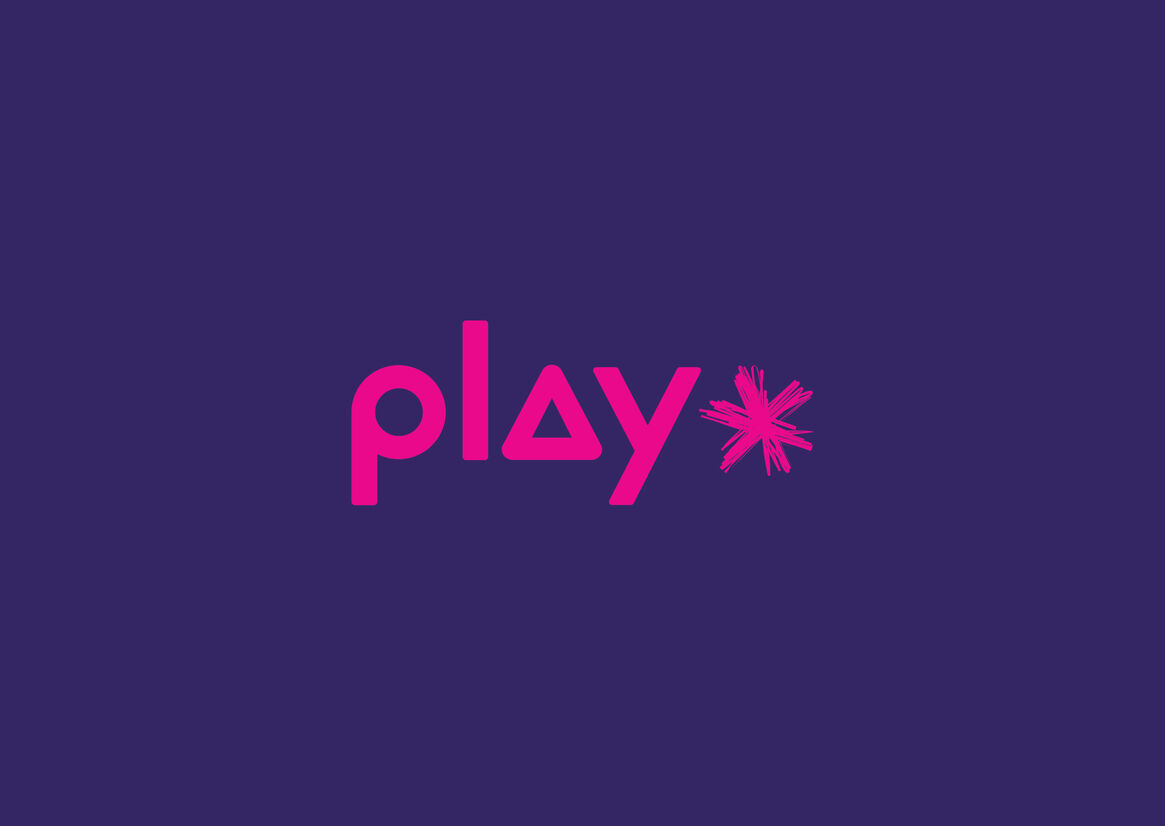
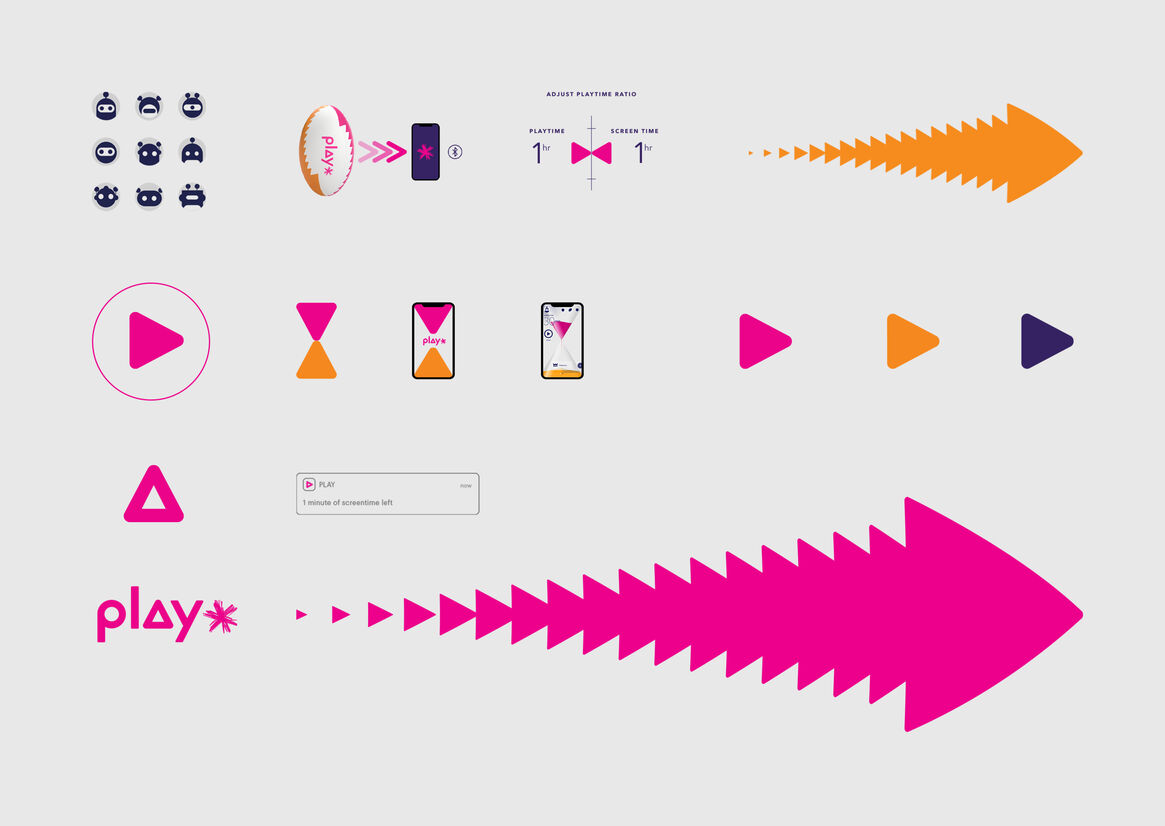
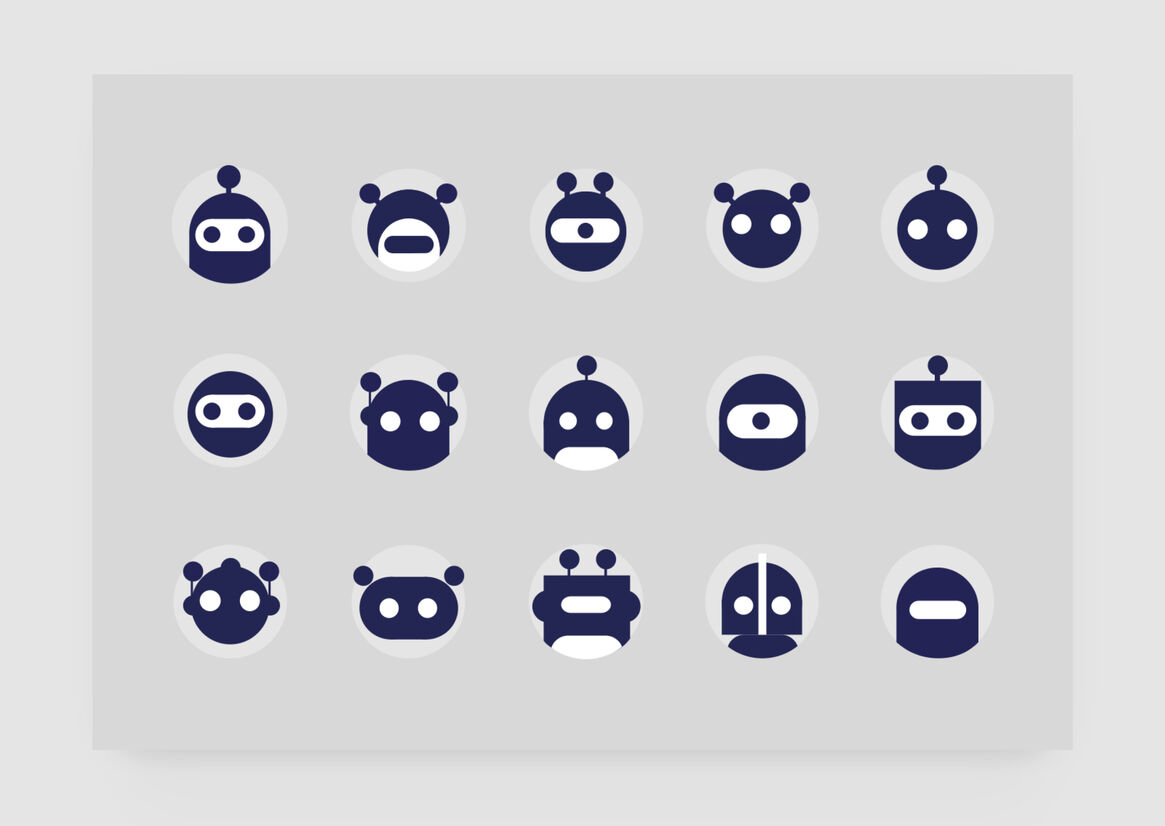
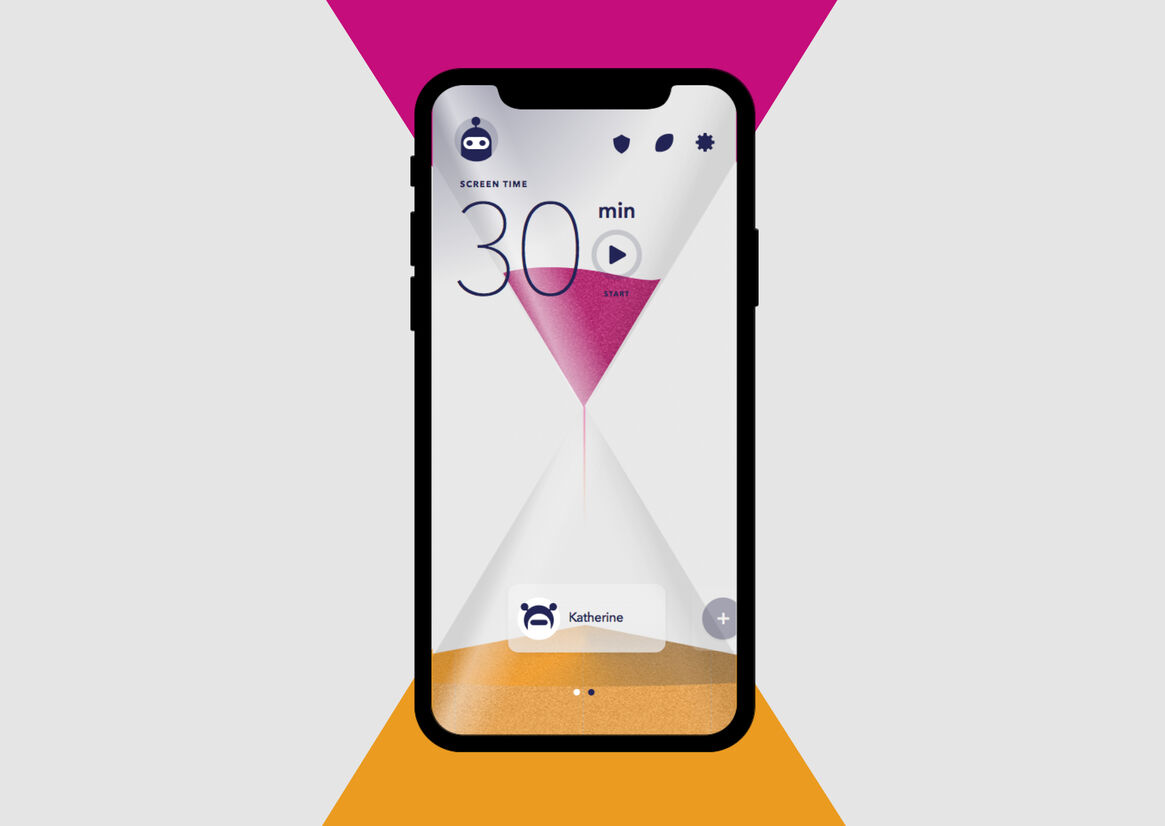
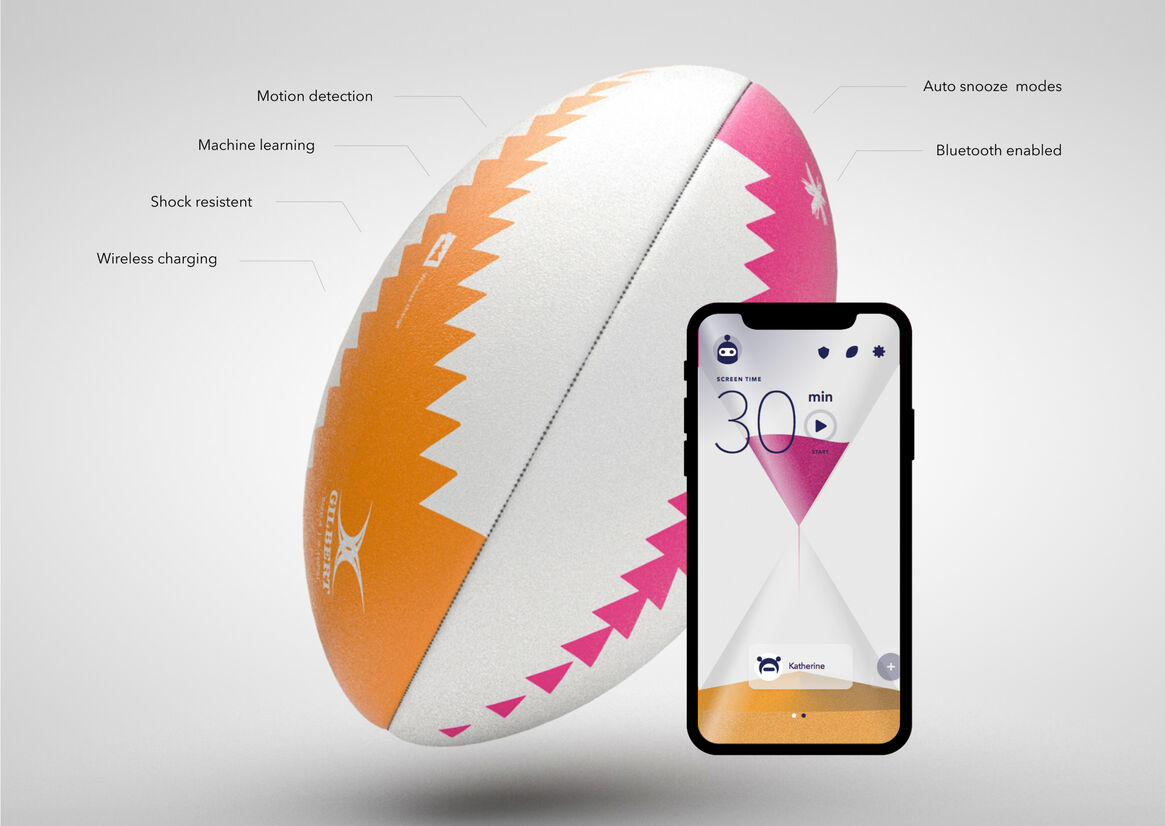
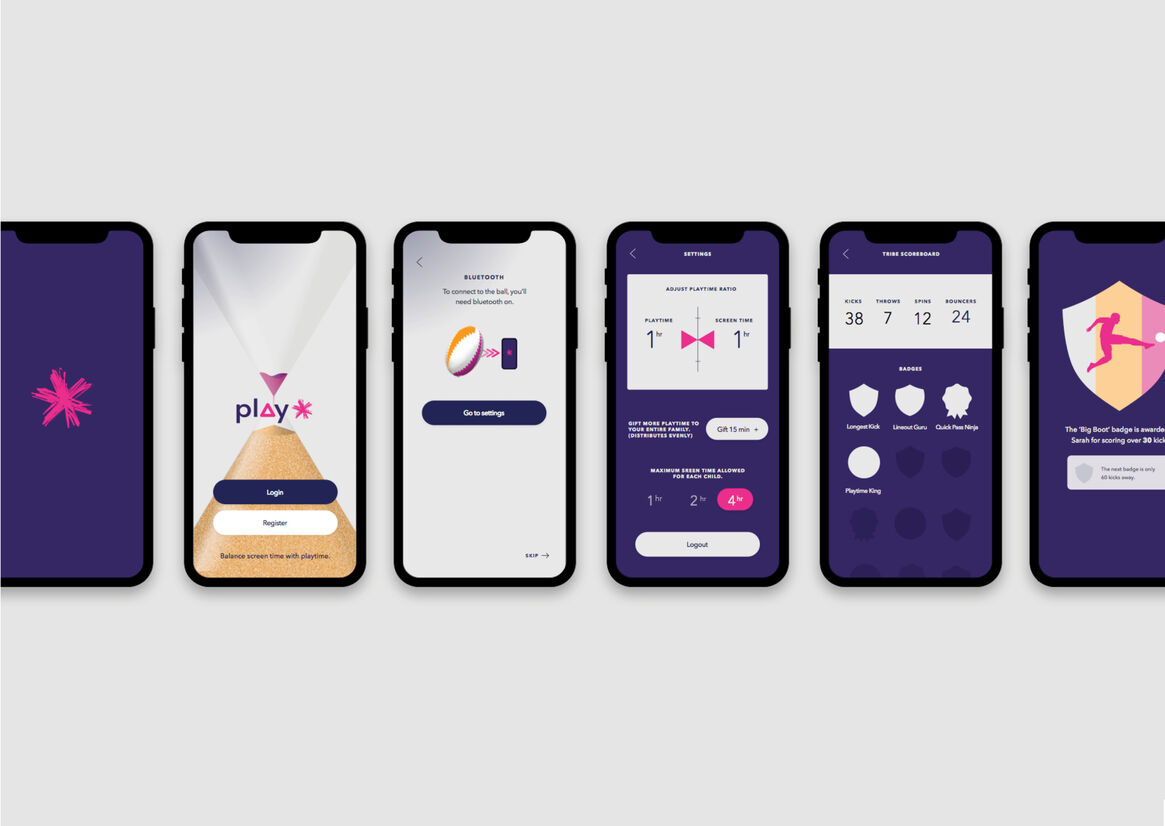
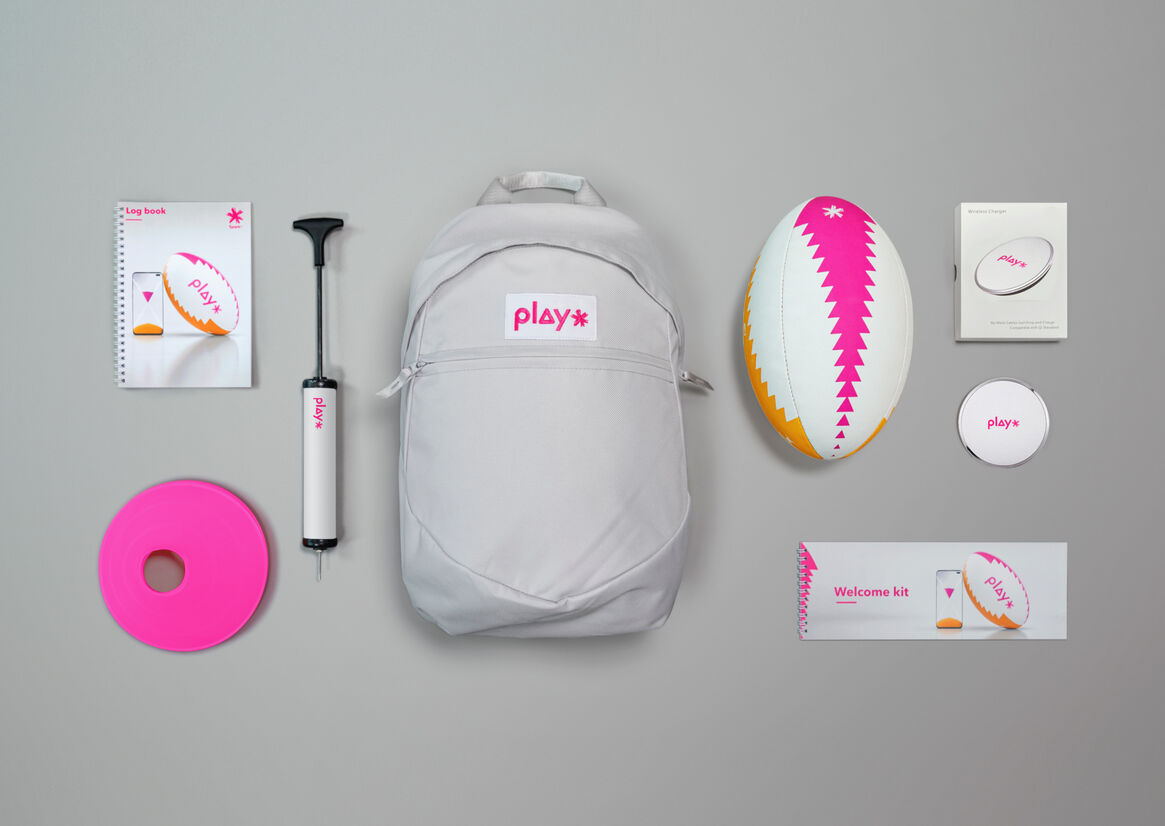
Description:
Context
The effect of screen time on the overall wellbeing of our next generation is a growing international concern.
Whilst children’s brains are developing, mindless screen time directly correlates with an increase in multiple behavioural and mental wellbeing issues.
The Department of Health and Human Services say that children and adolescents age 6 and older need at least an hour a day of physical activity to enhance their growth and development, however, 1-in-5 kids don’t play outside at all on a typical day.
Approach
Spark, New Zealand's leading telco has the brand purpose of “Helping all New Zealanders win big in a digital world”, so it’s never been more important for Spark to help kids use tech in a way that they can develop into happy healthy humans – technology isn’t going away, it’s just about how we use it.
The brief was to conduct a technology-led experiment, to see if we could help parents have more positive conversations about digital in the home. And at the same time, test the nation’s appetite for a future product.
By tapping into Kiwi’s innate love with rugby, Spark hoped to get families away from their screens
and outside playing.
Execution
In partnership with Gilbert Rugby, Nakatomi, and child psychologist Dr Emma Woodward, Spark developed a smart ball for a nationwide experiment. Its aim: to help families balance screen time with active playtime.
The custom-made smart ball connected to an app where the parent could monitor the child’s screen usage, and set goals, while kid-mode allowed the child to see how much screen time they had left, and check out their achievements. Through machine learning the smart ball could also detect float passes, spin passes, place kicks, drop kicks or punts. As a result, the technology gamified active play.
70 prototypes were created for a nationwide experiment.
Our comprehensive onboarding and weekly program with leading child psychologist Dr Woodward, set the tone for the experiment and helped participating families break down their digital balance goals in to achievable steps. The experiment was amplified by a fully integrated campaign, that prompted the public to get involved.
Effect
As a result of the nationwide experiment, 90% of kids started to become more aware of their screen time usage. 76% of families saw a positive change in their child’s behaviour. 44% of kids were sleeping better. 35% of our kids were self-regulating by the end of the experiment and this was sustained up to 3 weeks after. Over 2/3 of the kids mentioned that the best part was spending time with their parents.
The overall campaign effectively commented on the screen time tension, brand metrics showing our campaign over indexed in Cut through (160%), Credibility (144%), Personal relevance (134%), and Cultural relevance (111%) compared to other NZ telcos. This validated the need for a NPD like this, and that Spark is a trusted source to bring this to market.
Play also caused an increase in brand love, which tracked 25% above the telco category average.